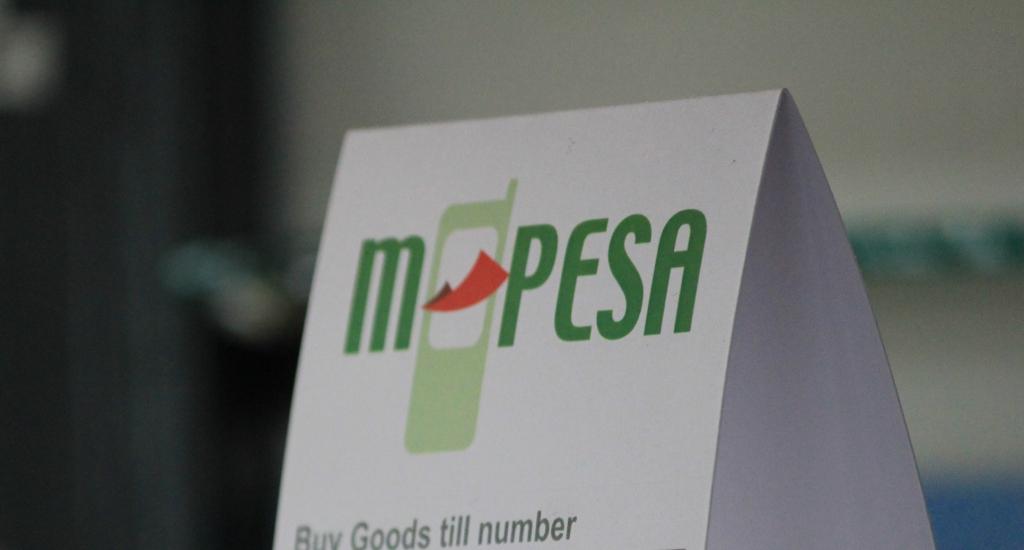
The Kenyan government plans to widen the tax base and one of the ways it will do so is by using mobile money paybills as virtual electronic tax receipts. The government says this will weed out tax evaders and boost the revenue collected by billions of shillings every year.
The government says there are an estimated 200,000 firms that have the electronic tax registers (ETRs) yet there are 2 million businesses that use paybills to accept payments. It says this indicates that there are so many businesses that don’t pay their dues and those are the ones it is targeting. When implemented, this will initially target businesses that generate over 5 million in annual sales.
Safaricom has raised concerns about this move saying we ought to be cautious as this may slow down the progress the country has made with digitization of payments. The telco said using paybills as virtual ETRs may end up hurting the use of M-Pesa paybills and till numbers.
Safaricom’s chief executive Peter Ndegwa said, “We are the largest taxpayer, so we are quite conscious about the need to pay taxes but also for our customer base, we are also conscious that this country has made significant progress on digitisation and therefore we need to make sure even as authorities try to expand the tax base, we do not roll back some of the benefits we have seen on digitisation.”
Safaricom also revealed that it is already engaging with the authorities on this matter. “We continue to engage the right authorities and regulators to make sure they incorporate all the needs of our customers, especially the small businesses,” said Mr Ndegwa.
Now Read: Safaricom’s Mobile Connectivity Business Accounted for 52.2% of Its 2024/2025 Half-Year Revenue

